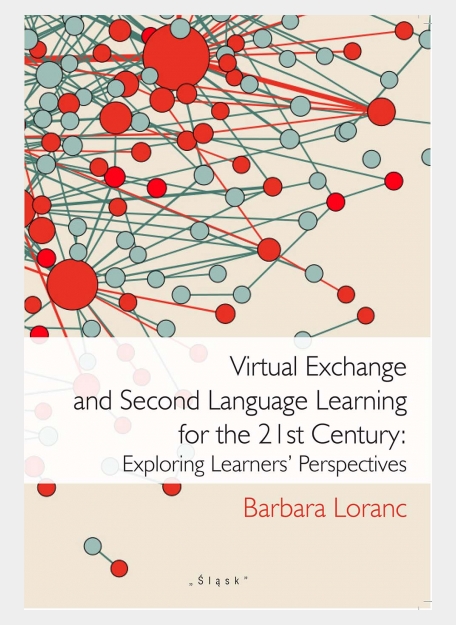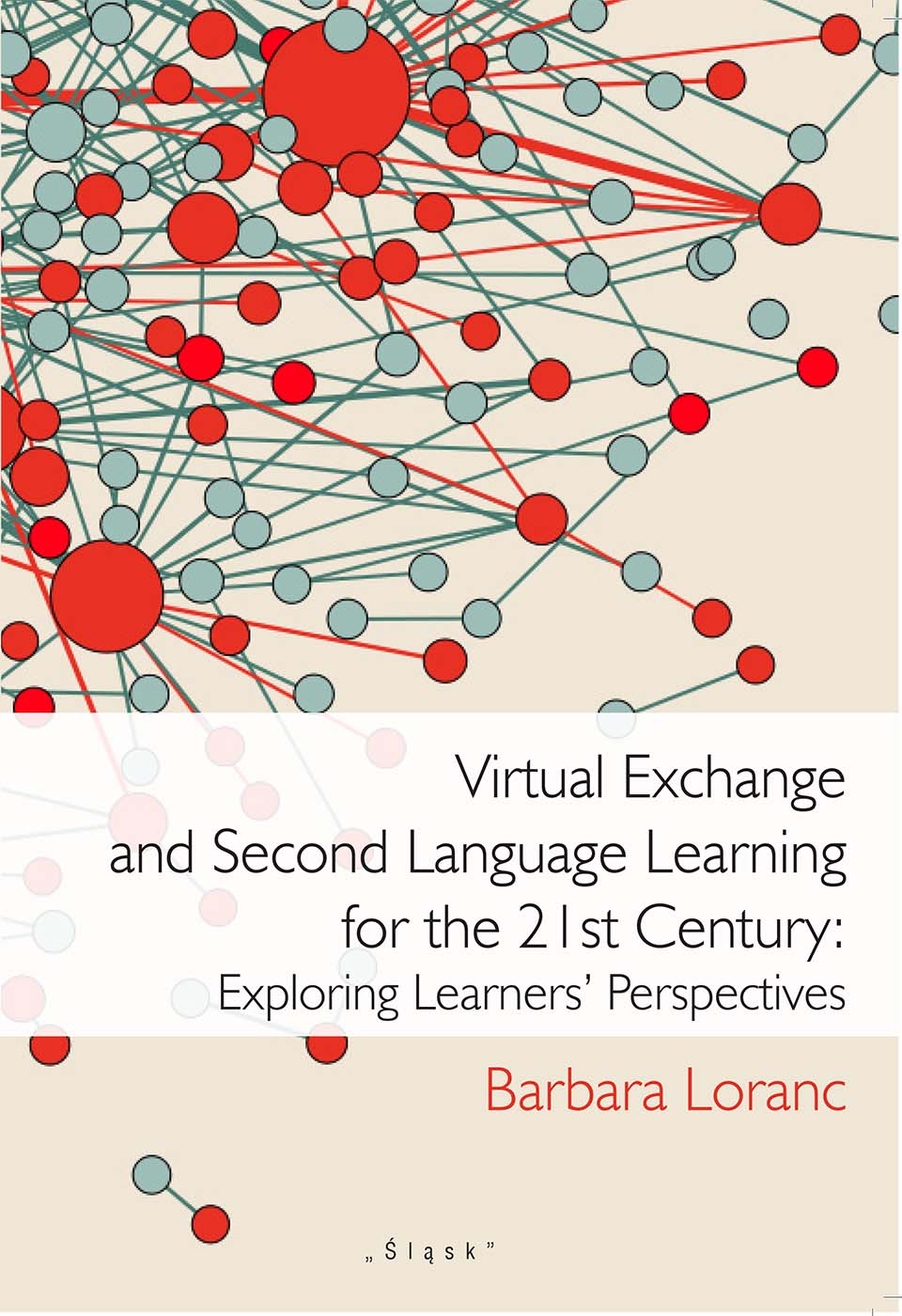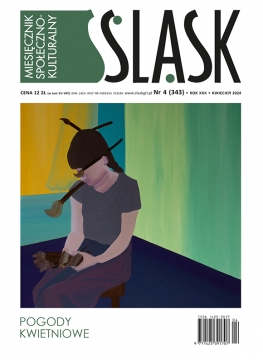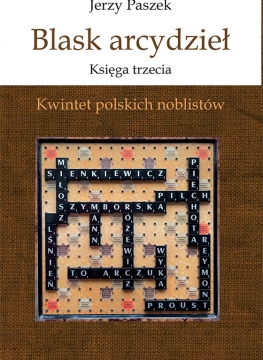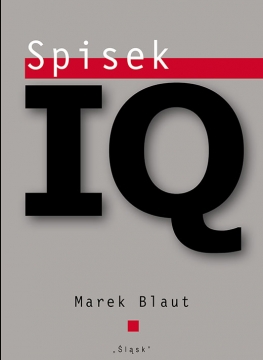- Strona główna
- Sklep
- Virtual Exchange and Second Language Learning for the 21st Century: Exploring Learners’ Perspectives
Virtual Exchange and Second Language Learning for the 21st Century: Exploring Learners’ Perspectives
25,00 złVirtual Exchange and Second Language Learning
for the 21st Century: Exploring Learners’ Perspectives
Virtual exchange has played a significant role in transforming language learners’ experiences away from processes that primarily emphasize language toward ones that focus on the need to develop the linguistic, intercultural, and interactional skills for establishing and sustaining meaningful social connections and for preparing the learners to succeed in the 21st century workplace that is increasingly transnational and technologically advanced.
This work is aimed not only at scholars and educators whose expertise encompasses foreign languages, but also at all those seeking ideas for bringing virtual exchange into higher education and internationalising the curriculum in other courses. It is hoped that it will shed light on the multifaceted process of learning foreign languages in an online environment in the 21st century.
(from Introduction)
Autor: Barbara Loranc
| ISBN | 978-83-8183-152-9 |
|---|---|
| Wymiary | 165x235 mm |
| Liczba stron | 150 |
| Rok wydania | 2022 |
List of Tables
Introduction
Chapter 1. Virtual Exchanges and Language Learning
Theoretical Framework
Virtual Exchanges for Language Learning – Historical Overview
Task Design in Virtual Exchanges
Bicultural L1 Exchanges for Language Learning
Development of L2 Pragmatics
Development of Other Aspects of L2 Competence
Lingua Franca Virtual Exchanges
Chapter 2. Virtual Exchange and Learning for the 21st century
Theoretical Framework for Intercultural Communicative Competence
Historical Overview of Virtual Exchange for Intercultural Learning
Affordances of Virtual Exchange for Intercultural Learning
Intercultural Communication and Virtual Exchange
Learner Autonomy
Learner Autonomy and Virtual Exchange
Digital Literacy Skills
Digital Literacy Skills in Virtual Exchanges
Chapter 3. The Virtual Exchange Project Design and Methodology
Project Goals
Participants
Procedure
Project Design
Research Questions and Variables
Data Collection
Chapter 4. The L1 and L2 Virtual Exchange – Within-Case Approach to Data Analysis Participants
Virtual Exchange and Second Language Learning…
L2 proficiency
Intercultural Communicative Competence
Knowledge Related to the Exchange Partner’s Culture
Can-Do Statements for Intercultural Communication
Learner Autonomy
Digital Literacies
Conclusions
Chapter 5. The L2 Virtual Exchange – Within-Case Approach to Data Analysis
Participants
L2 Proficiency
Intercultural Communicative Competence
Learning Gains Related To The Exchange Partner’s Culture
Can-Do Statements for Intercultural Communication
Learner Autonomy
Digital Literacies
Conclusions
Chapter 6. The L1 vs L2 Virtual Exchange – Across-Case Approach to Data Analysis
Self-Reported L2 Proficiency
Intercultural Communicative Competence
Knowledge Related To The Exchange Partner’s Culture
Can-Do Statements For Intercultural Communication
Learner Autonomy
Digital Literacy
Conclusions
Chapter 7. Learning for the 21st century in Virtual Exchanges – Discussion and Concluding remarks
Development of the Participants’ Perceived L2 Learning Gains from Pre- to Post- Virtual Exchange
Differences in Perceived L2 Learning Gains between the Participants of the L1 and L2 Exchange
Limitations
Pedagogical Implications
References
Index of Terms
